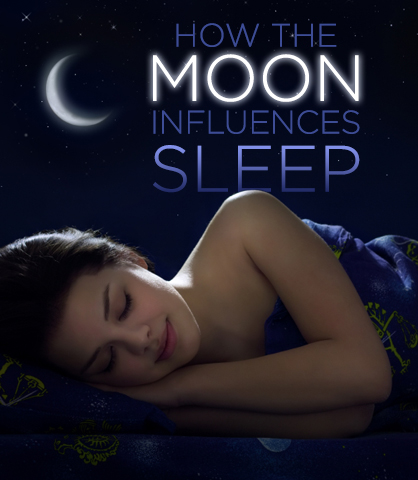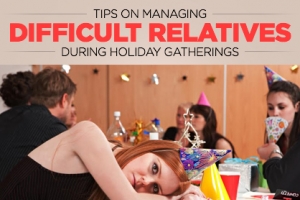How the Moon Influences Sleep
The moon may influence how you sleep. Scientists have new, reliable research that lunar rhythms can affect the quality of humans’ sleep, reported Weather.com.
The moon has long been thought to influence our emotions. In Latin, the word for the moon is luna, from “lunatic.” But studies had never before now discovered that the moon affects our health. Research in 1985 unearthed no reliable evidence that full moons cause a rise in mental hospital intakes, psychiatric disturbances or murders and other crimes. Another study in 2010 also discovered no greater criminal activity when the moon was full. A handful of studies have only found a weak connection between full moons and greater aggression, accidental poisoning and absenteeism.
In light of such research, a link between poor sleep and full moons seemed doubtful. But sleep researcher Christian Cajochen at Switzerland’s Psychiatric Hospital of the University of Basel noticed that patients were reported finding it difficult to get a good night’s rest when the moon was full. One evening, socializing at a bar, Cajochen and his peers remembered a sleep lab study they conducted a few years ago and decided to examine it for evidence that the moon does, in fact, affect people.
“The lunar cycle seems to influence human sleep, even when one does not see the moon and is not aware of the actual moon phase,” Cajochen said of their findings.
The lab study in question was a four-year effort in which the researchers had noted brain activity, eye movements and hormone secretion of 33 lab patients while they were asleep. The patients were volunteers who were healthy, good sleepers not on any drugs or medication.
The data appeared to indicate that when there was a full moon, brain activity related to deep sleep decreased by 30 percent. The participants took an average of five minutes longer to fall asleep and slept 20 minutes less when the moon was full. Moreover, the 33 patients claimed their sleep was worse on full moon nights and their levels of melatonin, a hormone that regulates sleep, were found to be lower.
“It took me more than four years until I decided to publish the results, because I did not believe it myself,” Cajochen told LiveScience. “I was really skeptical about the finding, and I would love to see a replication.”
It has long been scientifically clear that some of the body’s activities depend on regular cycles, including day-long circadian rhythms. This new information suggests that we may also be affected by circalunar rhythms with a month-long length, corresponding to the time elapsed between two full moons.
“It would be interesting to look at this in people still living outside without artificial light, but light from fireplaces,” Cajochen said. “Another possibility would be to test different moonlight simulations and their repercussions on sleep in the lab.”
The research suggests that moonlight’s effect on a possible circalunar clock is far weaker than daylight’s impact on the circadian clock.
“I don't think modern people constantly ruin their sleep when they don't see moonlight,” Cajochen said. “However, exposure to artificial light at night — that is, a time when our body clock does not expect light — ruins our sleep-wake rhythm considerably.”
“For some people who are sensitive to the effects of the moon on sleep, clinicians should probably take it seriously and not just think of it as an excuse for bad sleep,” he added.

LadyLUX



